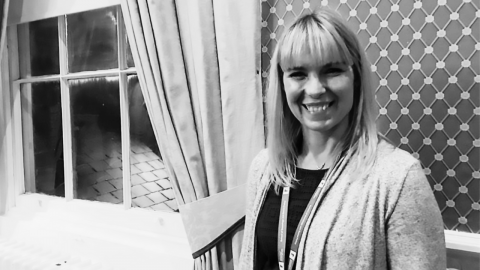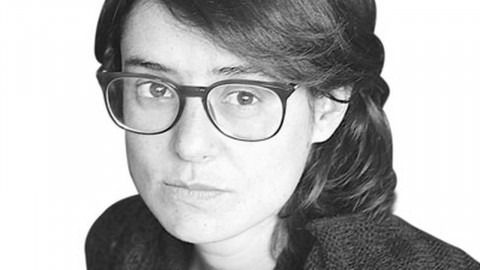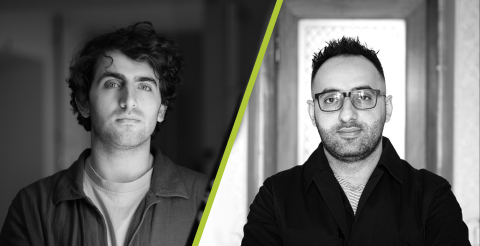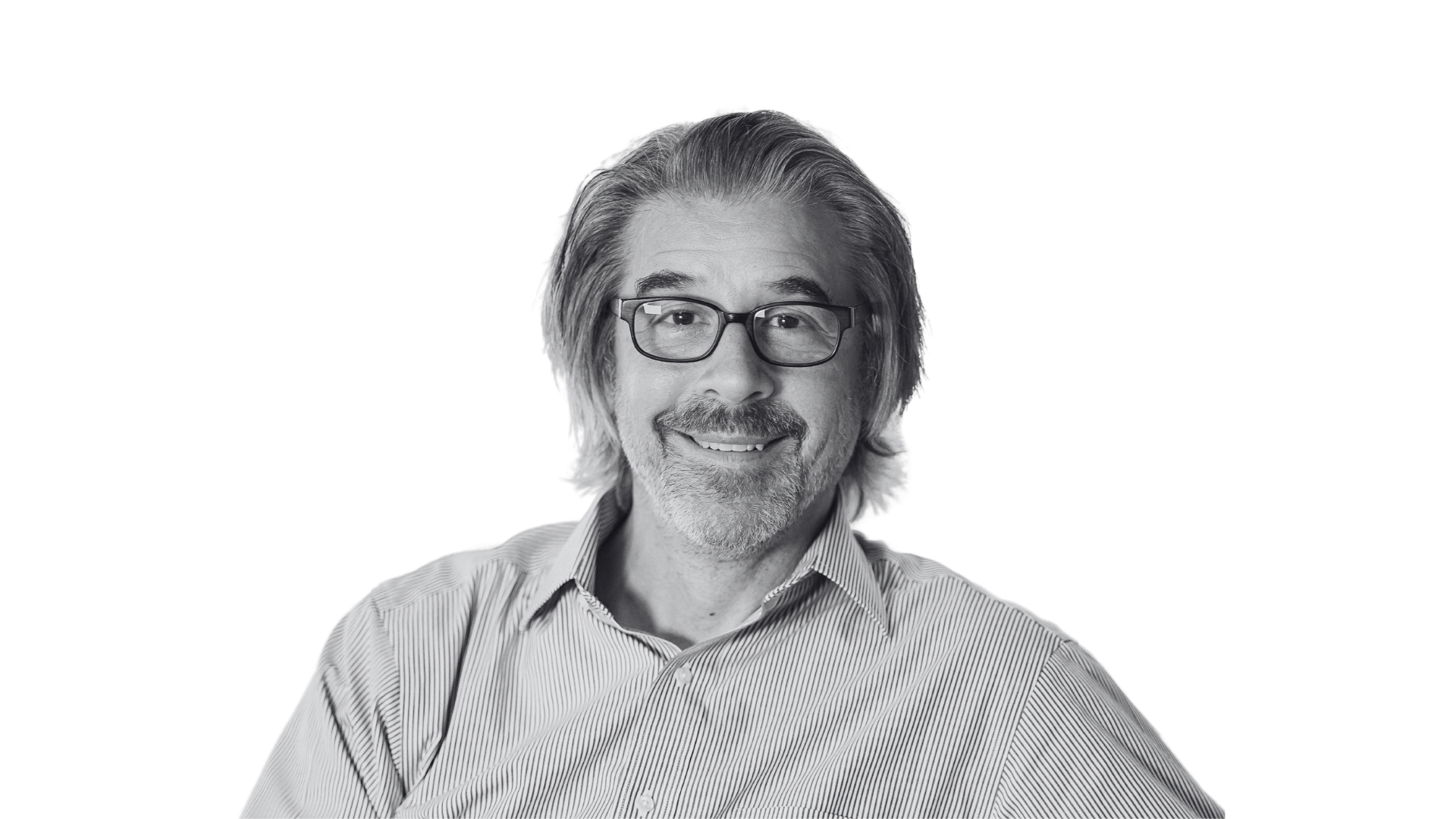
Restorative Justice Interviews (4): Justice, truth and the power of storytelling
Interview: Noémi Lévy-Aksu
You have been working on transitional justice over several decades. According to you, what are the main transformations witnessed by this field over the years ?
When I started working in this field, almost 30 years ago, the transitional justice term did not exist, and restorative justice was more confined to criminal law. Since then, the transitional field has really grown and changed a lot, it has become increasingly institutionalized. Yet, let’s not forget that in the very early days, it was a social movement, driven by victims’ associations and small NGOs, like CELS in Argentina. They were not just talking about institutions, but also about cultural change and memory.
When people say memory and memorialization are a new part of transitional justice, it is not accurate, because they were there right at the beginning, around questions of how you form cultural narratives about the past, how you talk about history, how collective memory is important, how victims should be remembered. Maybe something that has changed is a kind of broader acceptance of that original pathway, which takes us into things like storytelling and cultural productions. I think that there is a renewed interest in narrative construction, in understanding attitudes and behaviors from the point of view of cultural norms, and how you influence cultural norms. Yet, the role of cultural productions, such as theater, poetry, or literature has not yet received the attention it deserves in this field.
In your own work, you do not use much the term “restorative justice”. Why? Do you believe in restorative approaches?
This is true, I don't use the term restorative justice very much. I don’t have a problem with it, but it hasn't been a big part of my work or thinking. I do think that justice processes have multiple purposes, and that one of them is punishment. Yet, I can relate to the idea of restorative justice, as a way of questioning some of the impulses that lead to retributive justice. The impulse of wanting someone who did wrong to be punished is often attributed to human nature. I often feel this impulse myself. Yet, the so-called human nature keeps transforming and we need to question the traditions that underlie this impulse.
Of course, it is hard to argue with victims who have experienced terrible things and want retribution. However, victims are not all the same, they do not have the same reactions. If you just assume that they want retribution, then you to go down one pathway. Yet, if you ask them to tell what they want in a more narrative way, they may come out with something unexpected or different.
In addition, I think that retributive justice and transitional justice are often focused more on the mechanisms than on that ultimate question: What are we trying to achieve? We're trying to achieve permanent deterrence, peace, democracy and empathy. So how do we get there? If you do a dispassionate analysis of how you get there, you end up with the Norwegian penal system, which basically says human beings can be rehabilitated, that they will become functioning citizens if you treat them with respect. The recidivism rate in Norway is minimal and people get educated in jail. In general, they come out of prison as much better people.
A few years ago, you created Memria, a platform dedicated to storytelling. Where does your interest in storytelling stem from? And how do you differentiate between storytelling and testimony?
In the last few years, I got increasingly interested in storytelling. How can we go directly to people's voices and experiences? Usually, their voices get mediated by professional storytellers like advertising, filmmakers or novelists. I was interested in this sort of additional route, which was people narrating their own experience and helping to get them out into the public.
The difference between testimony and storytelling is somehow similar to the distinction between history and memory. Basically, storytelling is subjective, it is about people narrating an experience, where the facts are actually less important to the truth, if that makes sense. For me, testimony evokes a much more legal methodology that is very dependent on facts and evidence, and a kind of forensic truth.
When you use storytelling, you do not challenge your interlocutor on facts. You are in listening mode, and it is really about listening for the deeper kind of truth. Take for instance the Rigoberta-Menchu controversy. She is a Guatemalan who won the Nobel Peace Prize 20 years ago. She was part of a project to narrate her story. First, it was praised as an amazing book, but ten years later somebody found out it was full of inaccuracies, and maybe even some lies. Her response was “I was telling my story, that is the way I remember it and I think about it”. That is the battle between empirical truth and this kind of narrative truth, which is I think closer to storytelling.
Could you elaborate a bit on this idea of narrative truth?
Obviously, you always want to get a kind of forensic truth as the foundation. Yet, I think that the power of storytelling lies in the open-endedness of the questions. A classic example of this is to bring a gender lens to transitional justice. If you are in Bosnia and ask women there, “Was your husband killed during the war?”, there is a great probability that their answer will be like “Yes, he was killed on October 5”. However, if you ask them “How did you experience the war?”, then they may talk about their own displacement or lack of money because the breadwinner was killed, and they may narrate a very different kind of experience. That gets at a broader truth of a conflict, that maybe won't get picked up if you are using an evidentiary methodology.
I think that the idea of the broader narrative truth is essentially a collection of stories that resonate with each other and that support each other. If you get enough of them, they may become metanarratives.
That said, there is a way of pursuing the evidence to tell the historical facts, without overlooking this broader story of experience and subjective reality. A very concrete example of this way was the Colombian Truth Commission. It was organized along two departments: one was called historical clarification and used legal historical methodologies to determine the forensic truth; the other one was called social dialogue and included a lot of restorative justice approaches, because they were asking perpetrators to come forward and to tell their whole story.
Could you give one or two examples of story-telling projects that you find particularly meaningful?
I just completed a four -year project in Colombia. It was called Viva Voz (Living Voice) and the idea was to collect community -based stories about the conflict, which did not necessarily focus on victims. Transitional justice approaches often tend to reduce memory to the memory of victims, but I am also very interested in memories of other kinds of protagonists, like social movement leaders, or human rights activists. For this project, we sought local community storytellers, who were mostly young radio producers in these communities. They generated 400 pieces that were played on community radio stations all over the country. We were looking for stories of resilience, of resistance, of empowerment, little stories that are really humanizing.
I worked on another project along the same line in Ukraine. We went to a village where, in the early days of the invasion, the Russians had imprisoned all of the people in a basement for five-six weeks. They did not really give them much food, there was no sanitation. A number of people died, others got sick. It is a war crime. We went to this site and we talked to the survivors, who said they wanted to build a museum there. At some point in the conversation, I asked them to clarify their goals, but at first they did not have a real answer, just “we need to show the world”, “to show the world how evil the Russians are”. When I asked them whether they would not want to show also the enormous amount of solidarity, resilience and love, which helped them to survive, they agreed. We need to find ways of showing together the two aspects of the story.
Those are some of the kinds of projects that we are working on, and that is where I think storytelling methodology frees you up. It makes you able to ask questions about resilience, solidarity, love or resistance, instead of just asking about crime and violence.
▶ Restorative Justice Interviews (1): Structural dimensions of injustice and restorative dialogue
▶ Restorative Justice Interviews (3): Dealing with the past and building more just societies
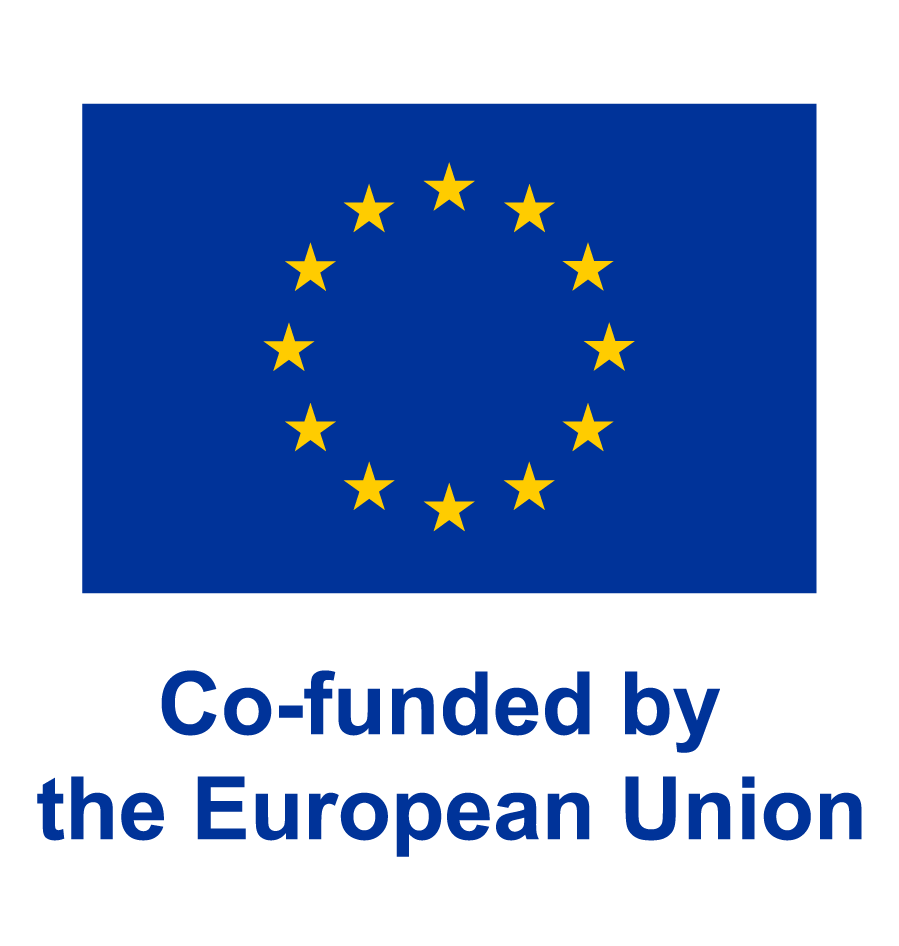
This interview is conducted with the support of the European Union through the Justice Heals project. Its contents are the sole responsibility of Hafıza Merkezi and do not necessarily reflect the views of the European Union.

